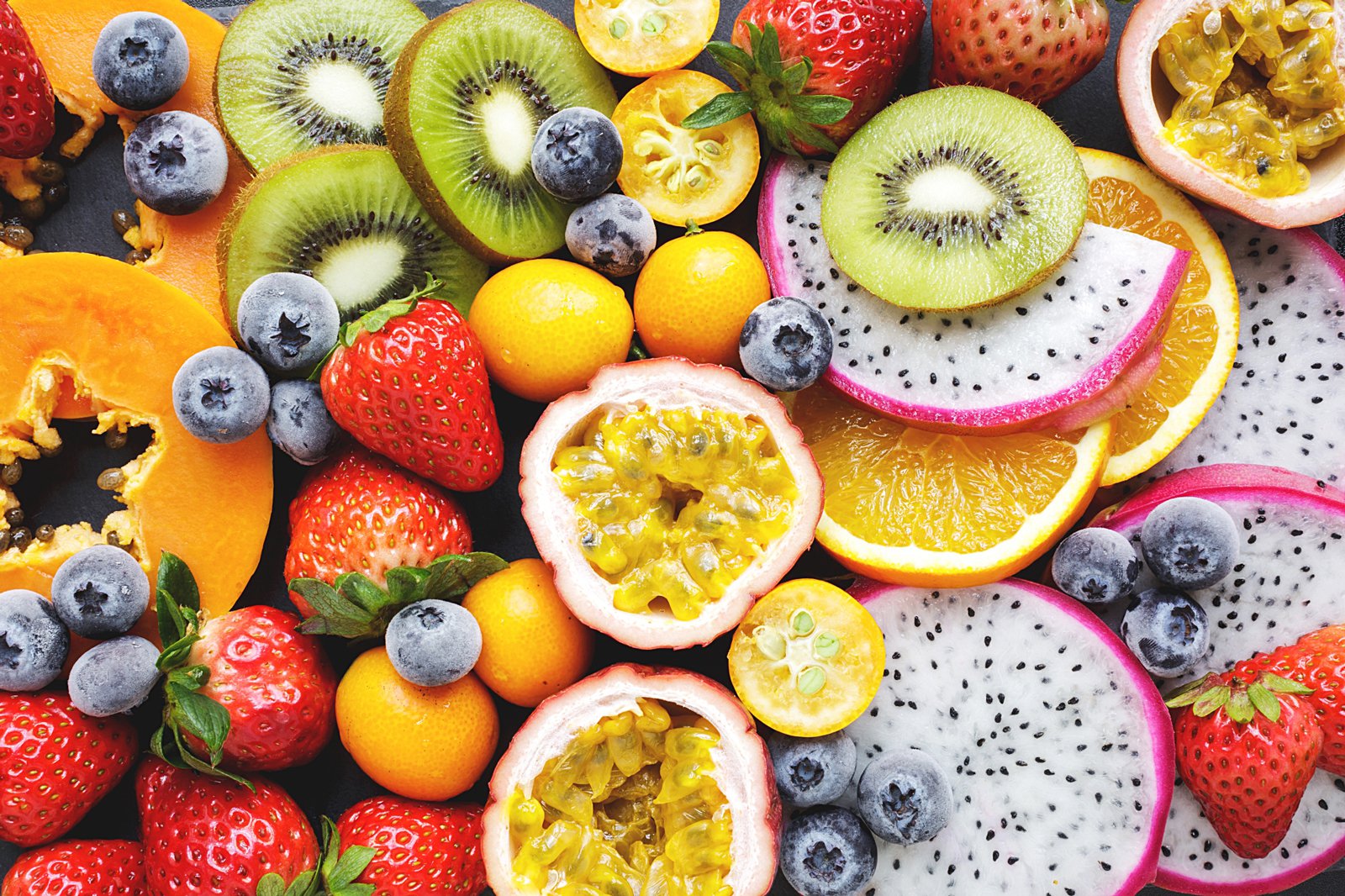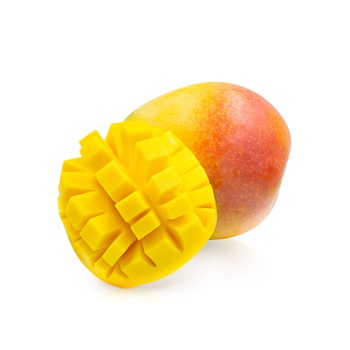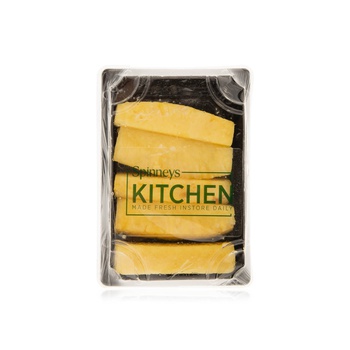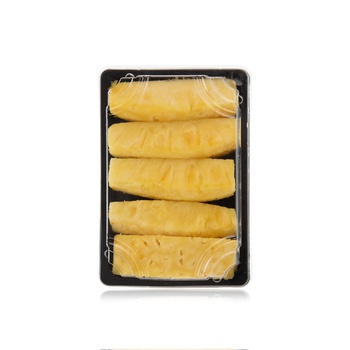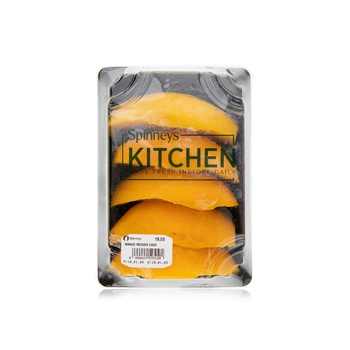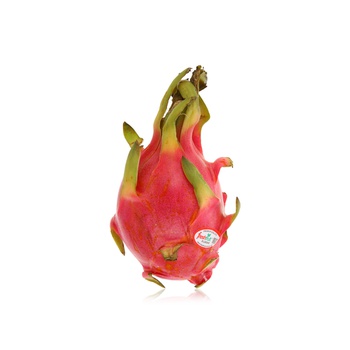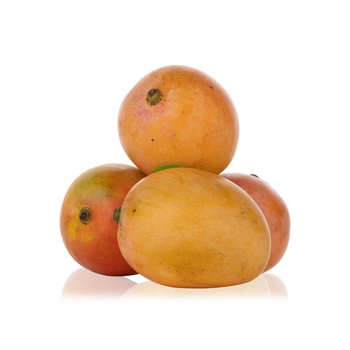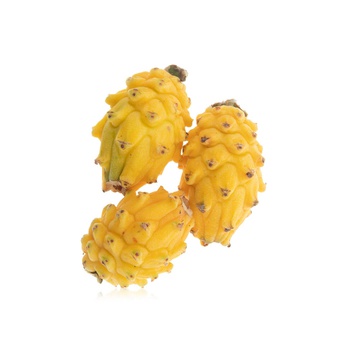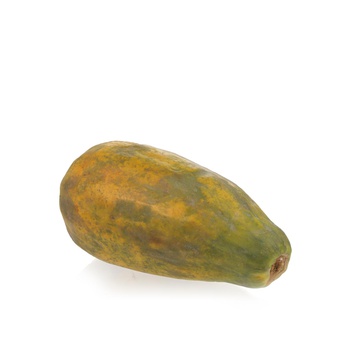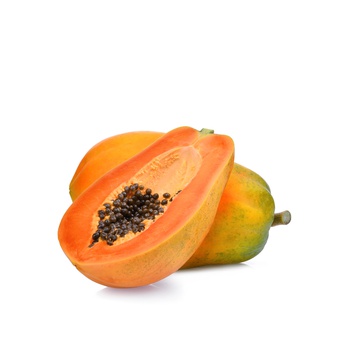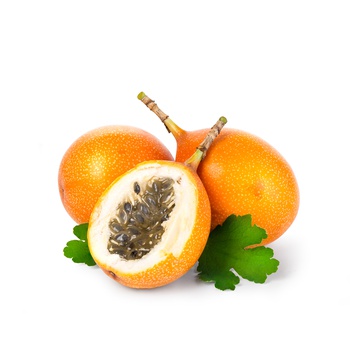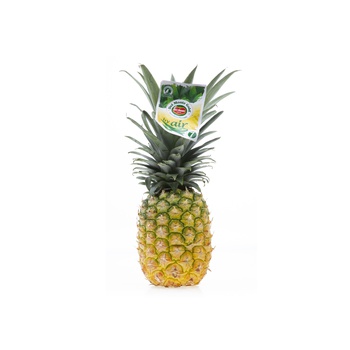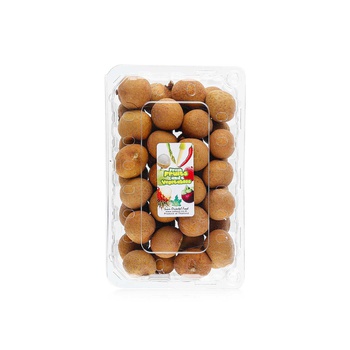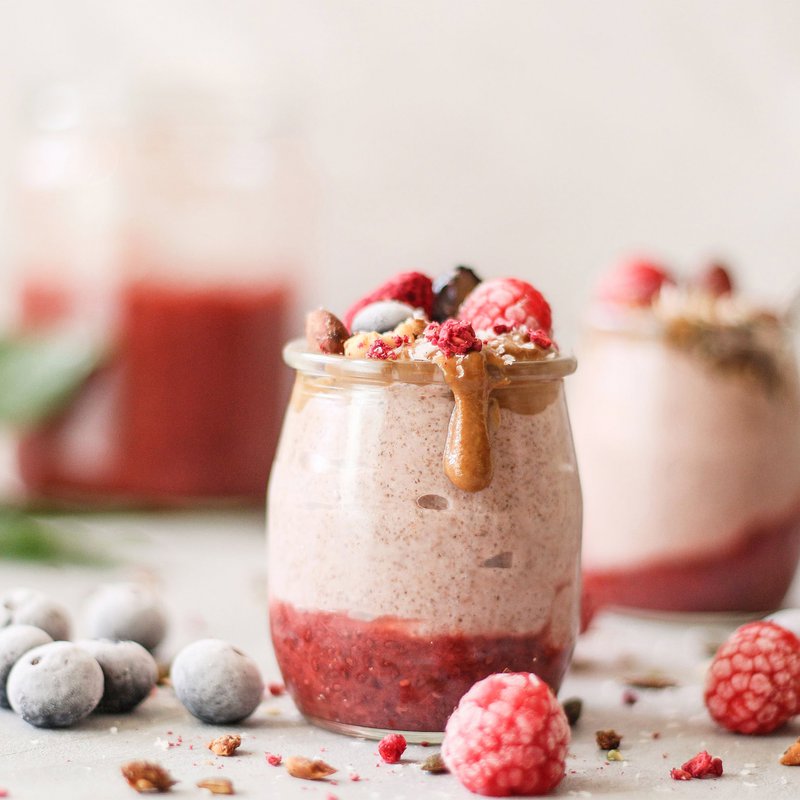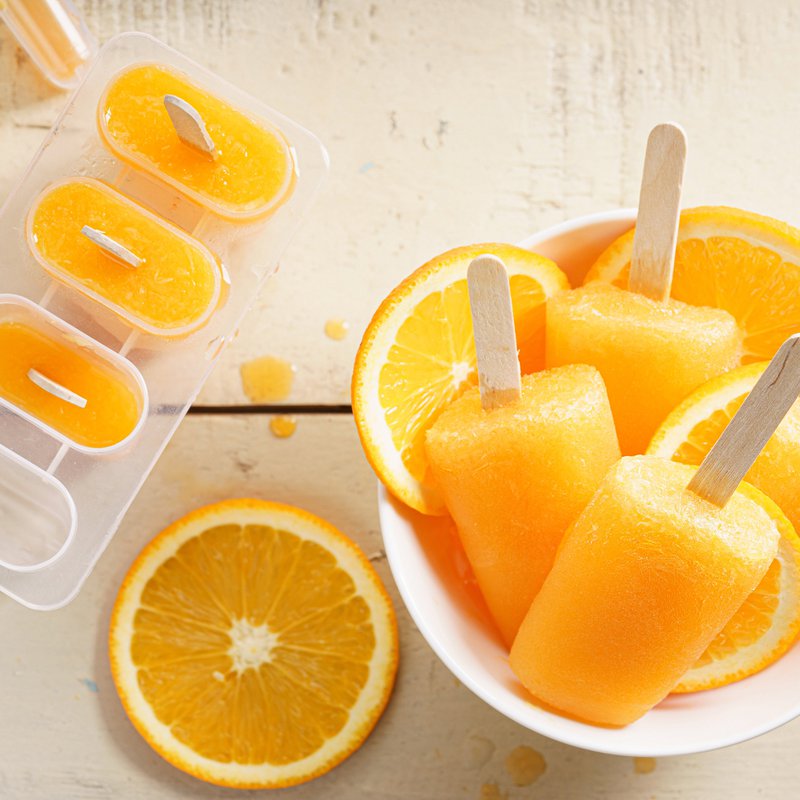Life is short and it’s all too easy to play it safe, especially when it comes to the weekly food shop. With a huge range of world produce on our doorsteps, being adventurous is just a click away.
When you think about filling the fruit bowl, chances are you’ll be putting in an order for apples, oranges and bananas – and there’s nothing wrong with those nutritious, fruity stalwarts. However, there’s a whole world of crazy-looking and sweet-tasting delicacies out there waiting to be discovered, all of which can be found in the tropical and exotic fruits section of Spinneys. Here’s our pick of the bunch.
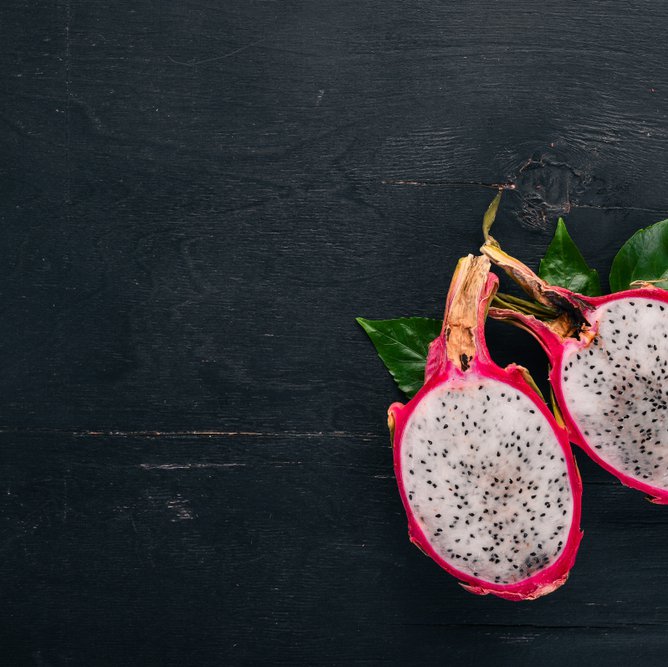
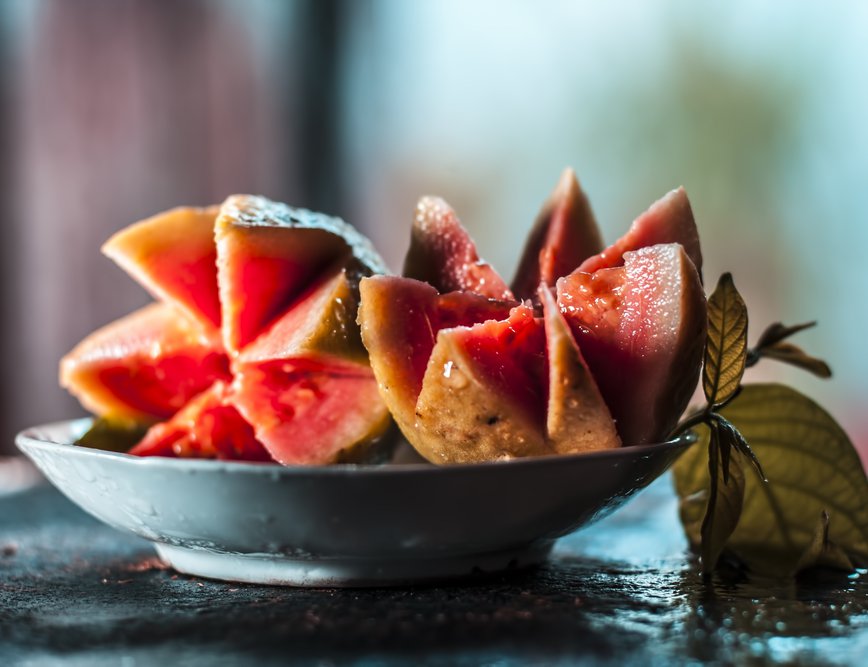
Dragon fruit
If you'd like a large, pink, scaly talking point at dinnertime, look no further than the beautiful pitahaya, or dragon fruit as it’s more affectionately known. Despite its prominent scales, leathery skin and flame-like appearance the dragon fruit has a soft white centre that tastes like a sweet mix of kiwi fruit and pear. Low in calories, a ripe pitahaya is packed with fibre, magnesium and vitamin C, making it nutritious and healthy.
Guava
When it comes to immune-boosting nutrients, few fruits can beat the guava. Packed with vitamin C, gut-friendly fibre and large amounts of magnesium, potassium and calcium, the guava is nature’s vitamin tablet. Guava has a taste similar to a pear infused with strawberry. It’s no exaggeration to say this fruit really could have a positive effect on your health.
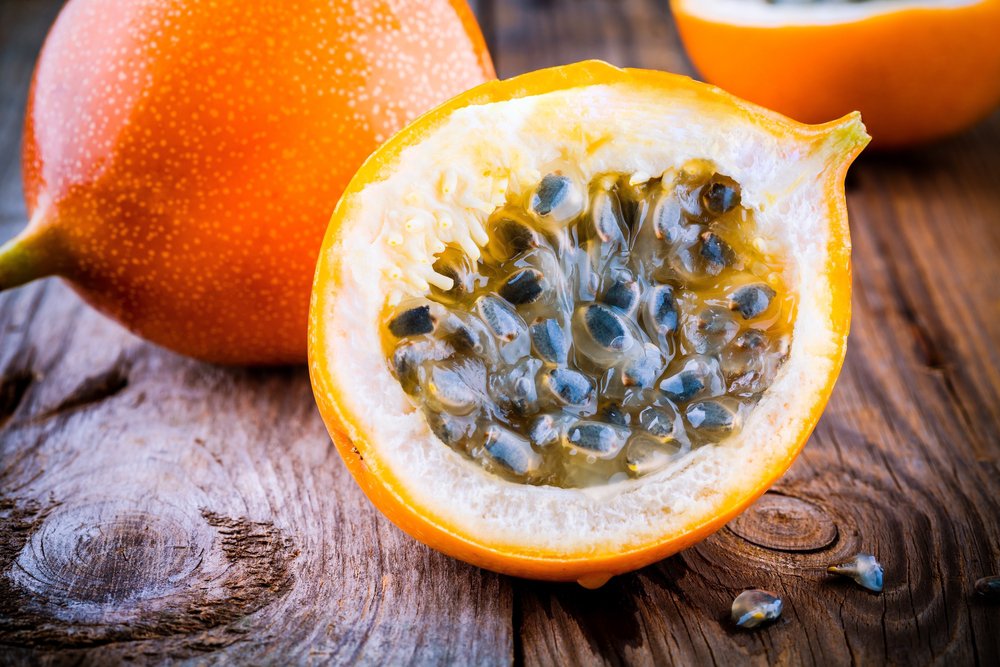
Grenadilla
Part of the exotic passion fruit family, the plum-sized grenadilla’s goodness comes from its delicious and nutritious jelly-like pulp and black edible seeds. To make the most of the grenadilla's potassium, calcium, phosphorus, iron, fibre, vitamins A, B1, B2, B3, B9, C, E, K and provitamin A, cut the fruit in half and scoop out the pulp with a teaspoon.
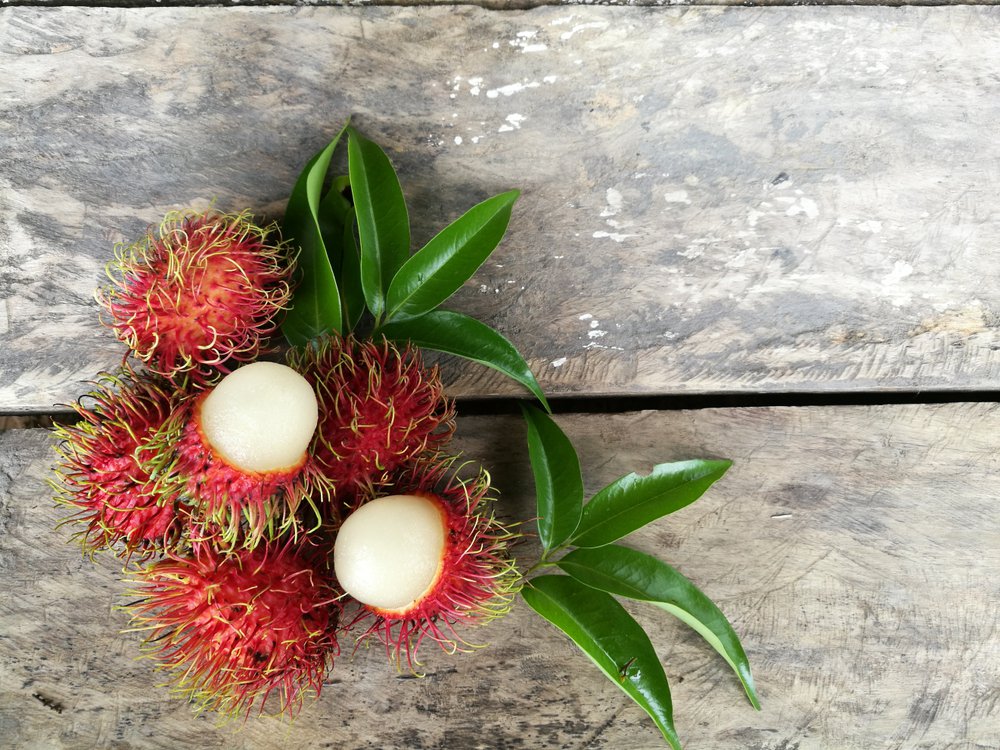
Rambutan
Even though it looks like a funny, hairy golf ball, the rambutan is pretty serious when it comes to providing nutrients. Inside that crazy red shell is a juicy, white, almost translucent flesh that is packed with quite a rare nutrient, namely copper. A single rambutan provides 20% of your daily copper needs, which helps maintain bone, heart and brain cells. It's also a source of fibre, iron and vitamin C.
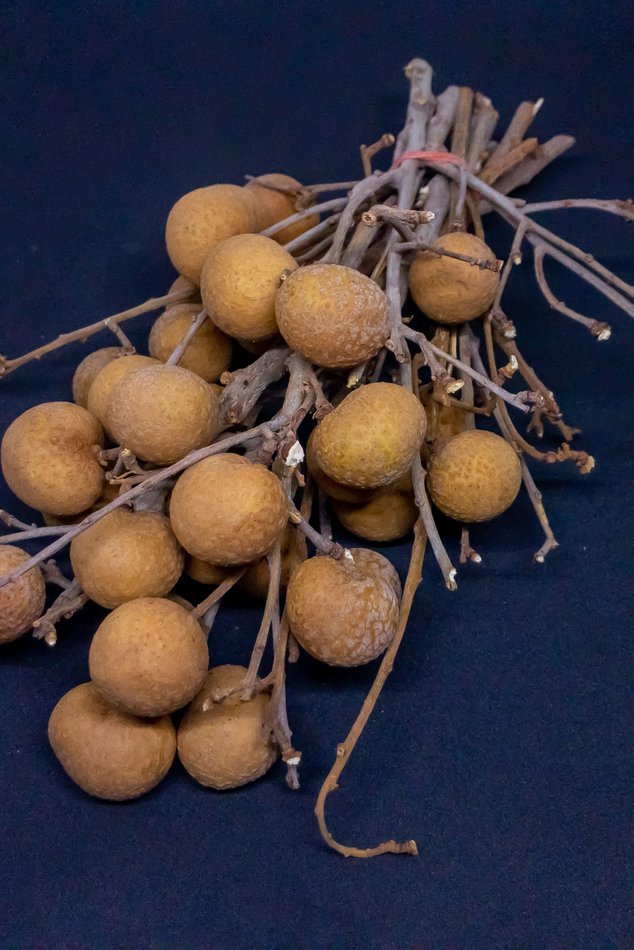
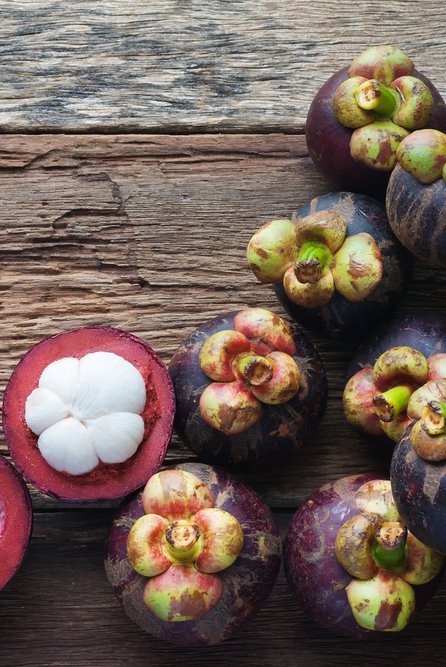
Longan
If the somewhat flowery taste of the lychee is a little overwhelming for you, then the logan should be on your shopping list. Part of the soapberry family, the little yellow longan has a mild taste and is less aromatic than its similarly textured lychee and rambutan cousins. Easy to peel when ripe, the sweet, juicy and succulent fruit makes an ideal afternoon snack and a healthy one, too. In fact, the logan’s vitamin C content is the highest of all the soapberry family, with 28g providing a third of your recommended daily amount.
Mangosteen
Don’t be fooled by its name, because the vitamin-packed mangosteen has nothing to do with the mango. Instead, inside its hard shell, you’ll find up to nine, soft, white, juicy segments, which are more tangerine than they are mango. The mangosteen has a citrusy texture to its flesh, with a mild peach/longan flavour making it one of the least offensive tasting of all fruits. The fruit is also high in fibre, with one cup providing 14% of your daily requirement of the gut-friendly carbohydrate.
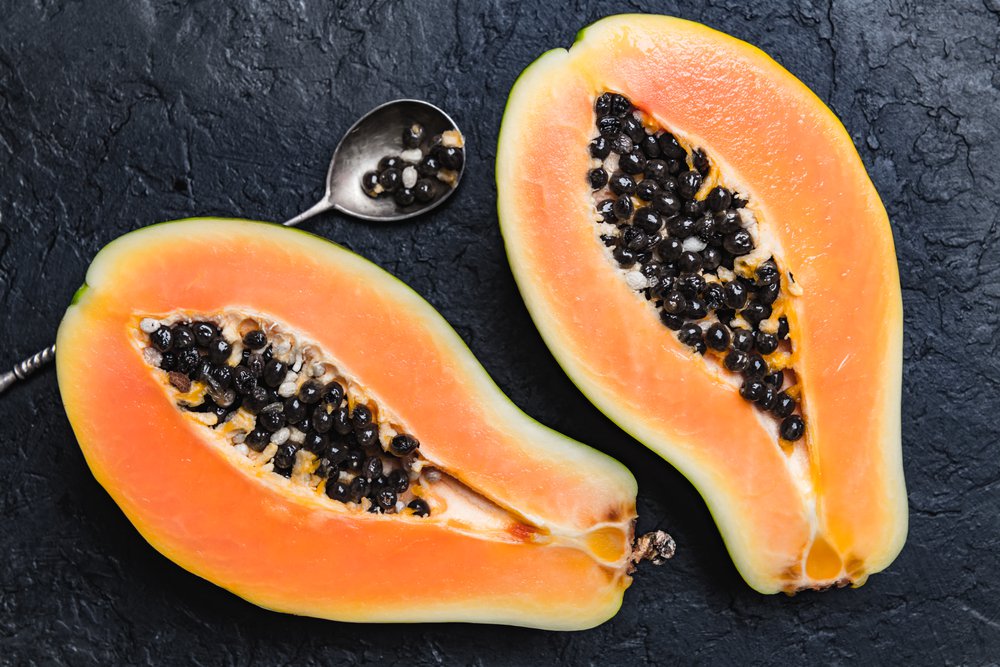
Papaya
Everyone’s heard of the papaya, but not that many have actually tasted one. If you’ve yet to sample the papaya’s soft, orange flesh, you’re missing out, as this is an incredibly healthy tropical fruit. No other fruit comes near the papaya when it comes to antioxidant absorption, which is extremely beneficial as the mango/melon tasting flesh is packed with free radical-neutralising carotenoids. You can also expect a dose of vitamins C and A with every buttery bite.
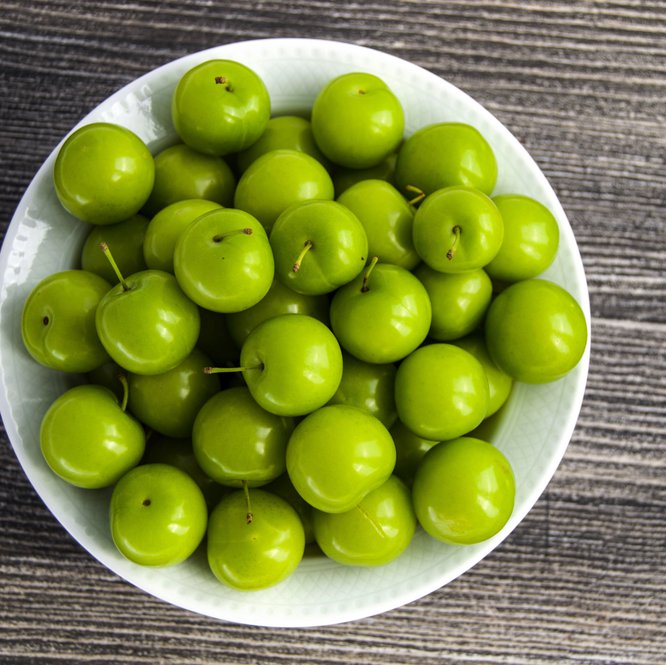
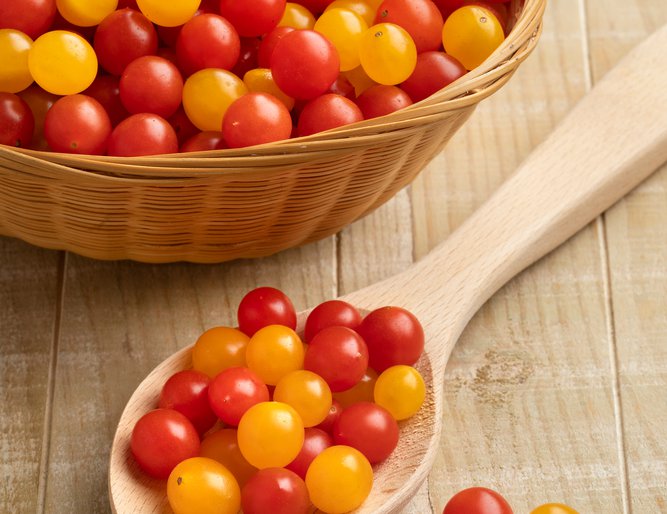
Janerik
The vivid green colour of the janerik gives you some idea on what to expect when you bite into one: these green plums are cheek-smackingly sour. Popular in the Middle East due to their association with the start of springtime, these tiny plums are often dipped in salt for an extra punch. As with any fresh fruit, the jenerik is a great source of vitamins, minerals, antioxidants and fibre, making them the ideal snack.
Tomberry
Another fun fruit, the tomberry is best known for being the world’s smallest tomato. Super sweet, these blueberry-sized tommies are perfect for kids and can be popped in the mouth like candy. Of course, unlike sweets and candy, tomberries pack the same vitamins and nutrients of their big red brothers, making them ideal lunchbox treats, or juicy, post workout essentials.
Recipe Inspiration
A selection of recipes to take your ingredients to the next level
